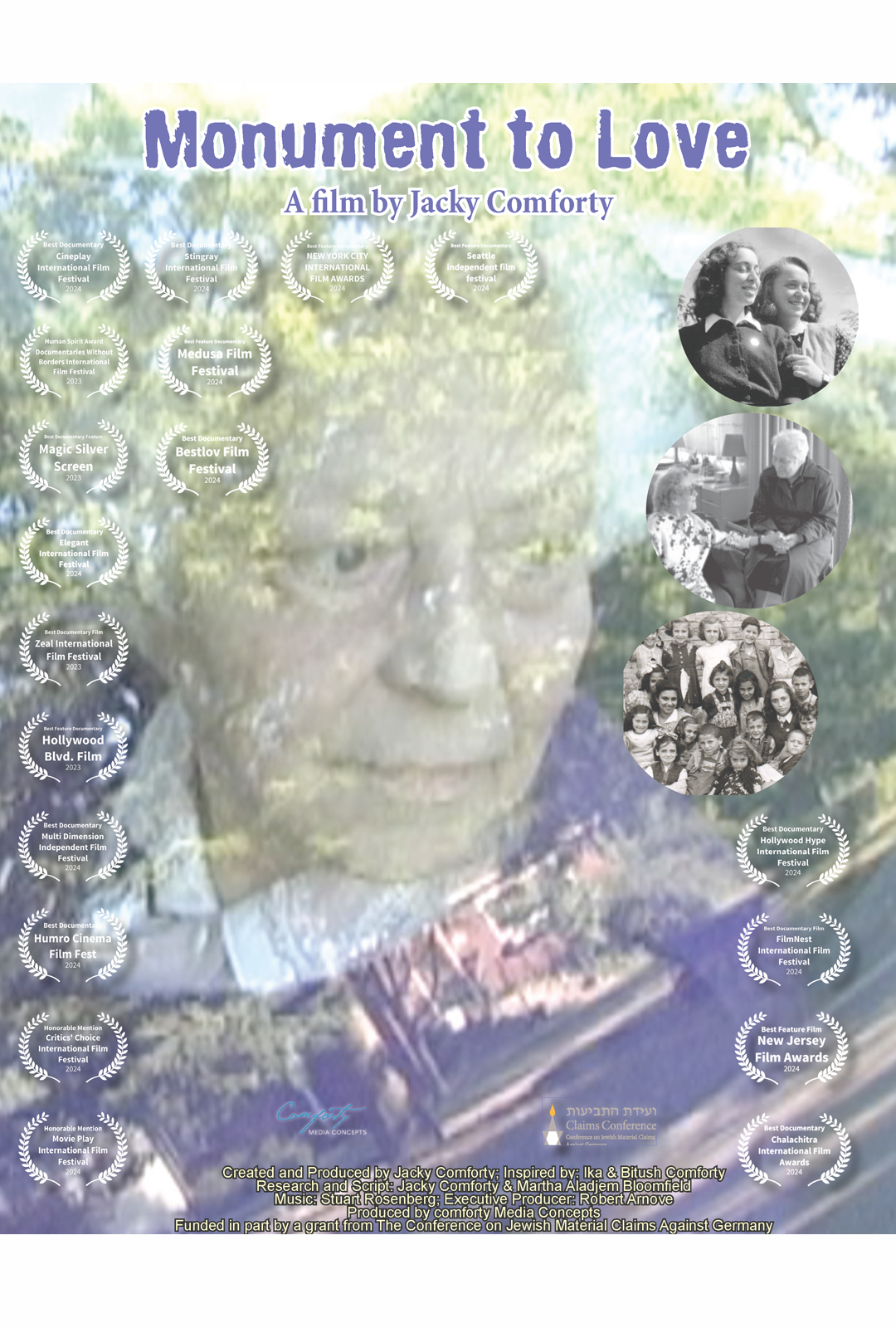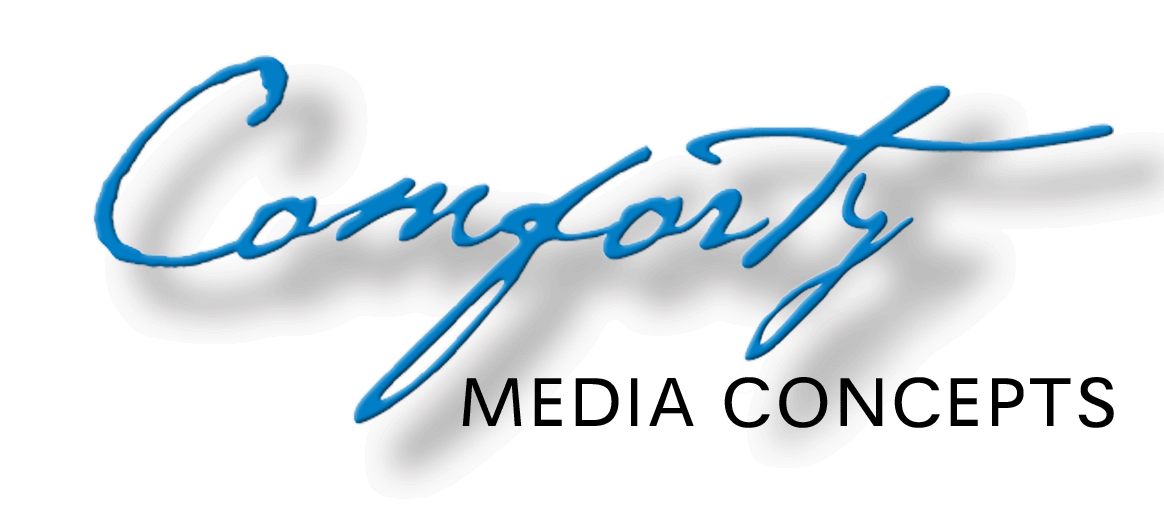Monument to Love
Monument to Love -Press kit February 2025
“Love is the greatest force in the world.
It is stronger than religion, It is stronger than anything.
If you love, you do. If you do not love, nothing will happen.
With love, children are raised, with love, a bond is formed between two people.
With love, we become parents to children. With love, we become teachers and students.
When you love something, you work all your life and give. You do not give?
There is no life, no beauty. Without love, nothing happens. Period.”
About the Film
Monument to Love—honored at over 100 international film festivals—follows a remarkable 25-year journey with my mother, Ika Comforty Ovadia, as we research and document the experiences of Jewish people in Bulgaria during the Holocaust. Our exploration uncovered hidden narratives that contrast starkly with familiar histories. Over time, Ika’s own story emerged through her memories and diary entries, offering intimate insight into a young woman’s reflections on a world descending into chaos. Against a backdrop of cruelty and danger, her encounters with friendship and kindness shine through, challenging totalitarian ideologies and hatred. In doing so, Monument to Love erects a different kind of memorial—one built on compassion, courage, and moral responsibility.
Synopsis
Monument to Love is my newest documentary, tracing a decades-long journey I shared with my mother, Ika. Together, we traveled through Bulgaria, collected photographs, interviewed survivors, and uncovered archival documents that reframe the Holocaust experience in Southeast Europe. Our research revealed that, beyond the familiar narrative of salvation, there were complex layers of resistance, resilience, and moral courage—stories of neighbors, friends, and ordinary people who defied fascism to protect Jewish lives.
As we delved deeper, Ika’s personal testimony became central. Her rediscovered diary, penned as a young woman on the brink of adulthood, spoke eloquently of the world around her: its fear, turmoil, and also its unexpected kindness. This intimate record, contrasted against the horror of her time, stands as an unwavering anti-war statement—an urgent call to confront totalitarianism, reject supremacy, and hold fast to love and empathy. With Monument to Love, we invite you to join our journey, illuminating a past that resonates powerfully with the present.
Director’s Statement
My early career was rooted in comedy, but three and a half decades ago, my parents, Bulgarian Jewish immigrants in Israel, challenged me to tell a different story: how they survived the Holocaust in Bulgaria. Intrigued and inspired, I recorded that conversation and embarked on a lifelong quest. Through the years, I conducted nearly 250 oral histories, produced multiple documentaries, and assembled an extensive archive of photographs and footage. Initially, I believed in a simple narrative of “rescue,” but my research exposed a far more nuanced truth—one of resistance and solidarity amid oppression.
From the start, my mother served as a dedicated researcher and guide, helping me understand the broader cultural and historical context. Eventually, as our work progressed, her own story surfaced. When she unearthed her lost diary, we gained a vivid lens into her life during the war. Her writings reveal personal struggles, moral reflections, and a profound understanding of the fragility and importance of human connection.
Monument to Love is the culmination of these decades of exploration. It synthesizes personal memory, collective history, and moral inquiry. By sharing these voices and stories—by honoring acts of compassion, friendship, and moral courage—we hope to inspire reflection, foster understanding, and reaffirm that love remains our strongest defense against tyranny and hate.

The film was funded by a grant from the Claims Conference

